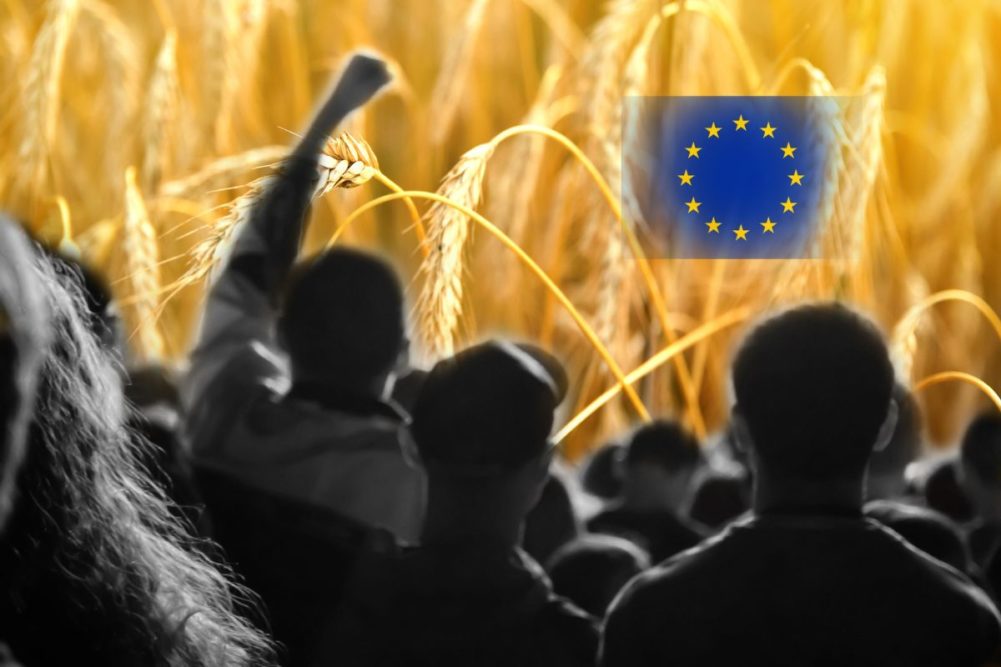
Arvin Donley, World Grain editor.
| Credit: ©SOSLAND PUBLISHING CO.KANSAS CITY, MISSOURI, US – Humans are by nature prone to overreaction. Therefore, so are governments. The legislative pendulum swings wildly in one direction, which inevitably leads to problems. The response is often an extreme reaction, sending the pendulum too far in the opposite direction, creating a different set of problems.
We see this all the time in politics. One party assumes majority rule and implements a non-compromising agenda. The public becomes dissatisfied with that party’s overindulgence and elects the opposition group, which then passes legislation that pivots to the opposite end of the spectrum. Compromise and moderate proposals are ignored in the name of achieving absolute victory.
This type of situation is playing out in the European Union, where “green” environmental policies have been enacted to address important matters such as climate change. While the sweeping changes are well-intentioned, EU farmers see the measures as too extreme, hampering their ability to be profitable. This is one of the reasons — probably the main reason — farmers have engaged in massive protests across the continent in recent months. Various other government policies that suppress farm commodity prices are on their list of grievances.
As part of the Green Deal and its Farm-to-Fork strategy, which was enacted in 2019, lawmakers sought a 50% reduction in the use of pesticides, a 20% reduction in fertilizer use, and a 50% reduction in antimicrobials for farm animals in the coming years. Also, 25% of agricultural land is due to be used for organic farming.
The protests have been effective, resonating with many European citizens. With European Parliament elections looming in June, policymakers have started scaling back some of the environmental regulations that were part of the European Commission’s Green Deal, including scrapping new legislation designed to limit fertilizer and pesticide use.
Much of the media coverage of the protests has focused on farmers in Eastern European countries railing against the importation of cheap Ukrainian grain, with dramatic footage of Polish farmers spilling grain from an incoming Ukrainian truck going viral on social media. But the root issue is government overreach, as it stacks regulation upon regulation, chipping away at the livelihood of farmers.
Agricultural producers are expressing their anger because they feel their opinions on the Green Deal were ignored by lawmakers, that the legislation was enacted with no consideration of its impact on those who work to keep the EU’s 450 million people fed.
Although they have made the most noise, farmers aren’t the only ones impacted. The feed milling industry also has suffered, with EU feed production having declined steadily in recent years. That trend is expected to continue, as a recent study by Wageningen University researchers estimates that Green Deal objectives will reduce livestock production by 10% to 15% in the coming years.
Environmental conservation and sustainability are critical issues that must be addressed to protect the future of our planet. But the present plight of EU farmers should not be ignored by lawmakers. Middle ground must be found on this issue. With the recent concessions being made by EU decision-makers in response to the massive protests, the Green Deal is starting to take on a slightly lighter shade of green through reasonable compromise, which is a welcome development.
Arvin Donley is editor of World Grain.






